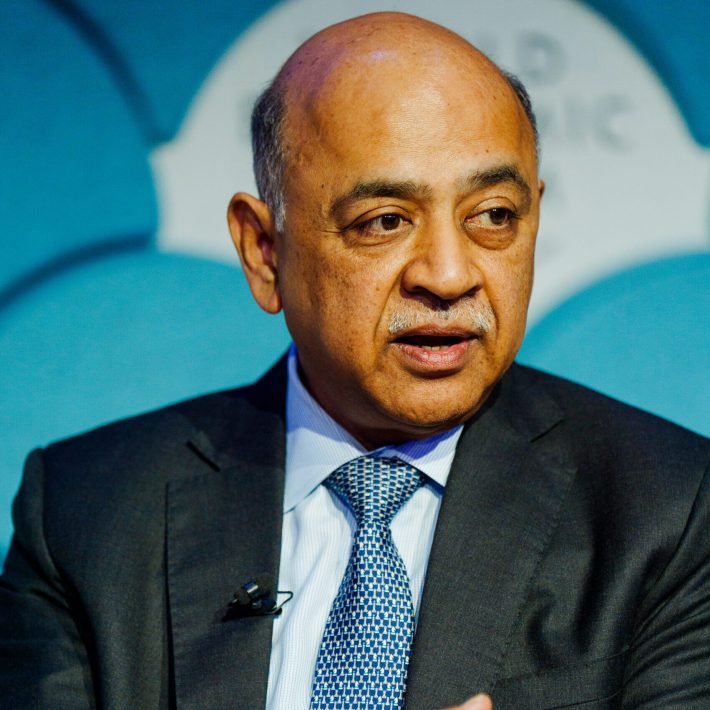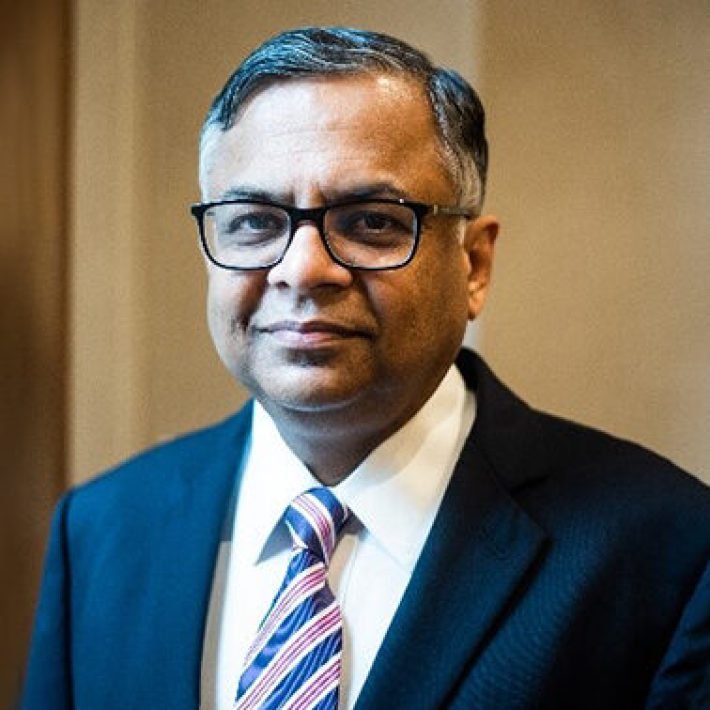By Stuti Kute
Think back to the 1970s, the decade considered by historians rife with pivotal changes worldwide. In the Western world, political upheaval and the parallel post-war innovation were afoot. India then was still a young country finding its footing post-independence and still a lick away from the all-changing liberalisation of the 1990s. It was during this time in 1976 that Shiv Nadar founded HCL Technologies with five friends in his garage in Delhi. Coincidentally, Steve Jobs too, founded Apple Computers the same year, also in his garage. Nadar, one of the country’s earliest technopreneurs, came from humble beginnings.
A deep insight into tech genius, educationist and philanthropist Shiv Nadar’s visionary legacy, and how his resolve has changed what IT means for the Indian youth.
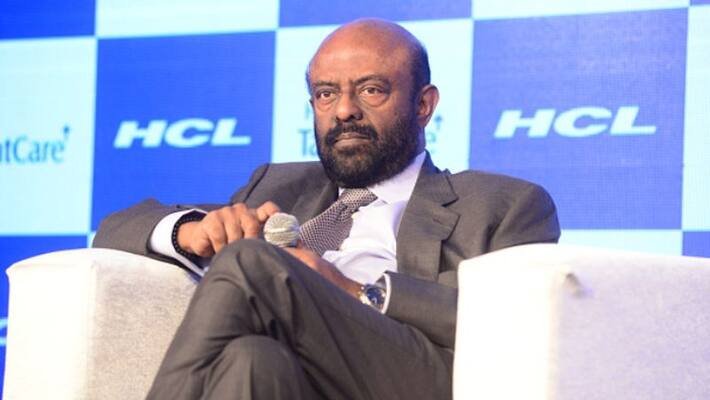
Born in the quaint hamlet of Moolaipozhi, Tamil Nadu, he made his way up through education and grit – to be the pioneering visionary we know today who transformed India’s IT sector. Hindustan Computers Limited (HCL) started out with a focus on computer hardware, especially calculators and microprocessors. At this time, the Indian IT landscape was nascent and Nadar had to navigate the murky waters of an overregulated and underfunded market with a population that was inflexible at best and hostile to change, at worst. But this was soon to change, as the changing tides of tech globally ensured HLC’s expansion into IT and personal computing. A strategic shift at a time when personal computers were expensive and far and few, and accessibility was not on the agenda. All of this was just the beginning of Nadar’s contribution to the Indian IT sector and his role in shaping the IT revolution to come. A man in relentless pursuit of excellence and unwavering commitment to leverage technology for positive change.
In 2023, Shiv Nadar was number 3 on the ‘Forbes’ Richest in India list and the richest man in Delhi. Today, HCL Technologies is no longer just a national entity but an international IT conglomerate with a revenue of $12.6 billion. All owing to Nadar’s willingness to understand his customers and their immediate needs instead of inventing new wants. This philanthropic spirit coupled with his entrepreneurial drive has fostered a culture of innovation at HCL that still delivers cutting-edge, low-cost solutions.
India’s First Personal Computer & International Foray
In the 1970s, IBM was the only company manufacturing and distributing computers worldwide. Due to political turmoil in the country, IBM was in the process of leaving India when Shiv Nadar founded HCL Technologies. A young country on the cusp of change and technological breakthrough needs computers, so thought Nadar and gave us the HCL 8C. It came with the Rockwell PP 8 microprocessor and used BASIC language with a powerful Soft/Merge Package. Just enough to meet the IT needs of small and medium-sized companies. Before the HCL 8C, computers took up an entire room that required separate air conditioning and a lot of hardware maintenance. Like the IBM 1401, which was very slow and used second-generation transistor technology. IBM leased these out for ₹50,000 per year while HCL 8C could be bought outright for a lump-sum amount of ₹3 lakh. This changed everything, as IBM finally got the push to leave the country and India got a homegrown Personal Computer from a man who recognised the shortcomings of a country getting only the tail-end of global technological innovations.
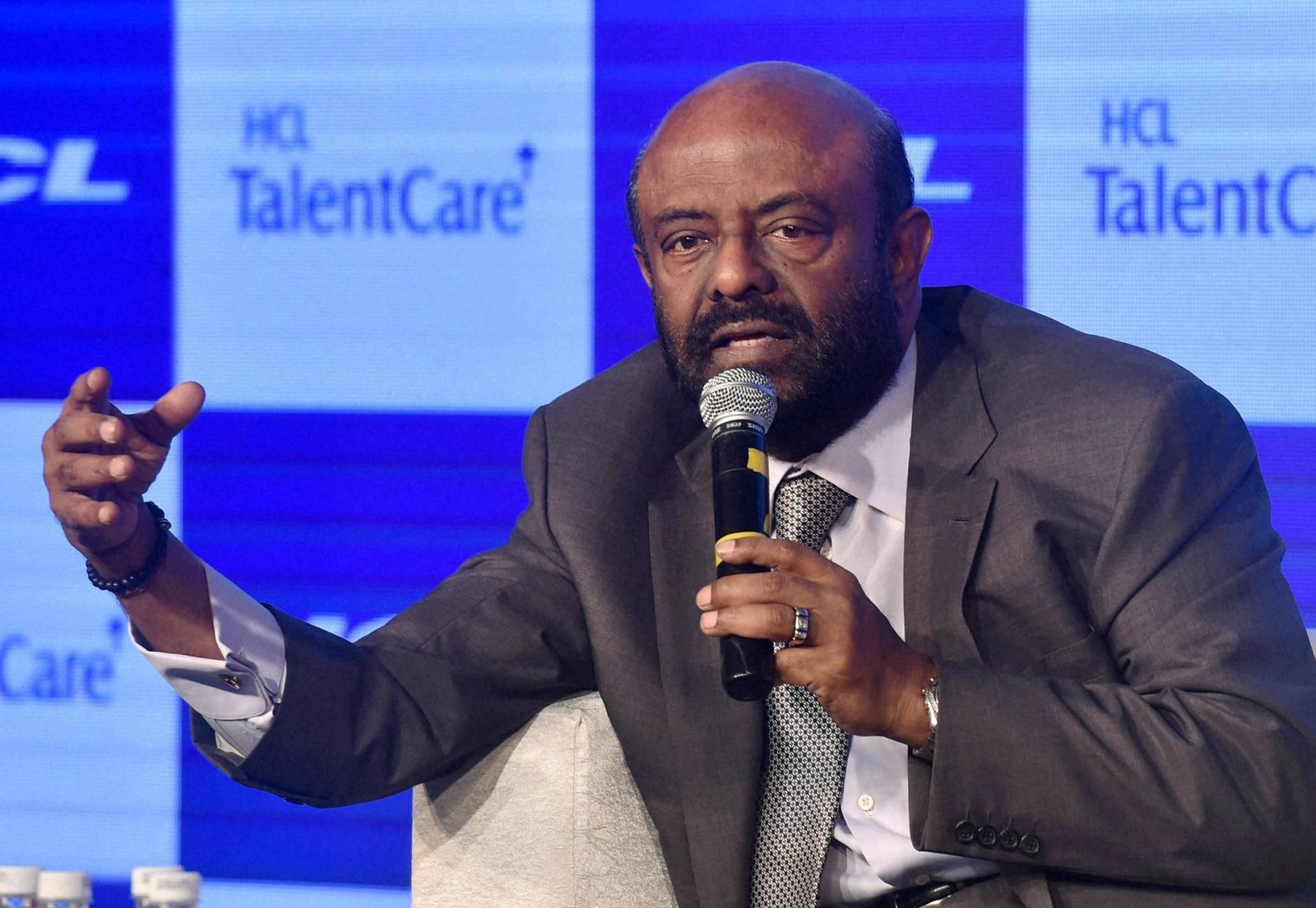
A testament to Shiv Nadar’s commitment to people and not just profit is the fact that HCL was one of the first companies in the country to go for a Public-Private Partnership with the Government of Uttar Pradesh in 1978. What started with an initial bootstrapped investment of ₹18,700 from Nadar himself for HCL, drew interest and the additional investment of a whopping sum of ₹20 lakh from the Government of Uttar Pradesh in exchange for 26% of the company ownership. An interesting tidbit about the company’s name is that due to the UP Government’s contribution at the ground floor, they wanted Nadar to name it Uttar Pradesh Computers Limited or UPCL. But Nadar was insistent about his national vision and instead chose the name Hindustan Computers Limited.
It is often said that great leadership comes with an innate talent of keen foresight and an almost wizardlike ability to predict the future. In 1979, sensing an oncoming global revolution of the information age, Nadar expanded internationally. By then the company was worth ₹3 crore. He set up Far East Computers in Singapore and began providing IT services internationally. This was a brilliant move for what was to come. As the world loosened its tightly held boundaries, more opportunities to expand came forth as the decade passed. In just the first year, Nadar’s Singapore operation was turning in sales north of ₹10 lakh. Taking this opportunity, he incorporated an arm of his company called HCL Overseas Limited as the provider of IT development services, which then became what we today know as HCL Tech Limited. For what it has grown to be today, we can say that the common denominator for the company’s early successes was none but Nadar’s intrinsic business acumen and instinct.
Educational Ventures

Origin stories of fictional characters are interesting because they humanise our heroes. The same can be said for real-life heroes who to us plebeians seem to have superseded humanity and reached a God-like status. Keeping with this, Shiv Nadar’s contribution to the education sector is well-known now, but the origins of his educational philanthropy remain interesting. His father passed away in the final years of his high school education. This created a financial vacuum for a small-time family like Nadar’s which could’ve easily led his life in a different direction. However, he was awarded a scholarship to study at PSG Tech that changed everything and cemented the importance of access to education in his mind. The power of education was transforming for him, a key to a future he wanted to build for himself and an empowering platform that allowed him to utilise his talents. In 1996, he established the SSN College of Engineering in memory of his father Sivasubramaniya Nadar. Today, SSN College of Engineering is one of the top 10 engineering institutions in Chennai and also one of the few colleges that boasts of a research department engaged in new-world, cutting-edge research nationally – keeping Nadar’s vision alive. In a similar thread, his philanthropic ventures for higher education continued with the establishment of the Shiv Nadar University in 2011 in Noida, to encourage engaging research and individual student growth.
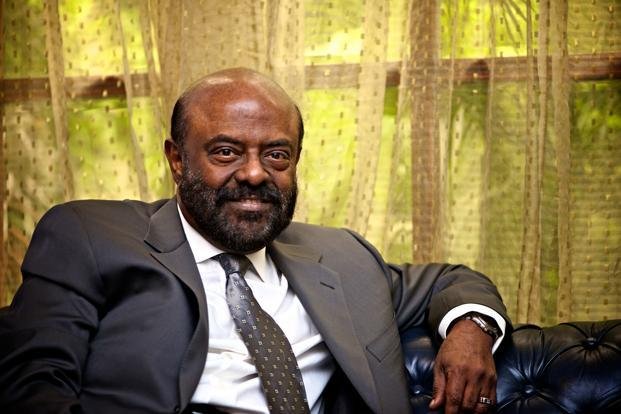
Shiv Nadar is one of the most prolific philanthropists of recent times, also called “India’s Most Generous Billionaire” – having donated ₹2,024 crores during the 2022-23 fiscal year. His philanthropic beginnings can be traced back to 1994 when spurred by the preliminary taste of success, he went on to establish the Shiv Nadar Foundation at the behest of his mother who wanted him to give back to society. Today, the Shiv Nadar Foundation boasts a legacy that will far outlive its namesake. The foundation’s contribution in bridging the gap between quality education and socio-economic barriers as well as the urban-rural educational hiatus, has made quantifiable changes for the meritorious but poor students of the country. Working primarily with younger students, the foundation practices ‘creative philanthropy’, a model that allows sustained institutionalised philanthropy for ‘high-impact socio-economic transformation’. A mode practiced by Shiv Nadar himself before it was concretised into a model.
The Nadar Women: Philanthropy, Business & Art Done With Style
Shiv Nadar is not the only one from his family to be known for his stellar vision. The women of his family have left a similar trailblazing impact. Kiran Nadar, wife of the tech mogul, is a story in herself. She met Nadar while she was at an advertising firm and he was still in the preliminary stages of building HCL. Always having had a passion for art, she got an opportunity to nurture it later on in life, the result of which was the Kiran Nadar Museum of Art – India’s first private philanthropic museum. She is one of the trustees of the Shiv Nadar Foundation and keeps a varied philanthropic profile while overseeing the SSN Trust, Rasaja Foundation, Public Health Foundation of India (PFHI), and Rajiv Gandhi Foundation – all of which work for education, public health, infrastructural development, women empowerment and more.

Their daughter, Roshni Nadar Malhotra, took over HCL Tech in 2020. In Forbes 100 Most Powerful Women 2023, Roshni ranked 60th along with the four Indian women in the list and is the first ever Indian woman to lead a listed IT company in India. Of course, in no small part to her brilliant father and scintillating mother. Today, she continues her father’s legacy with commendable pluck and HCL Tech keeps up its upward trajectory.
Nadar – The “Magus” Or Wizard In Old Persian

Those who knew Nadar from his early days saw his brilliance light up his will to do something for his people and country. They nicknamed him “Magus” or wizard in old Persian, and he has truly lived up to his name and built an indelible legacy for generations to come. This is not just through his philanthropic efforts but also with his hand in paving the road for India to be the global IT hub it is today. His vision for the country, however, as a global IT powerhouse is yet to be materialized fully: For us to be the cradle of original innovation and birth trailblazing changemakers, and not just be the executors of someone else’s change.

He retired from his position of Managing Director of HCL Tech in 2020 and passed the baton to his daughter who has proved to be an incredibly competent helmsman under her father’s guidance. Today, his net worth stands at $33.3 billion but his contribution, to our youth and the nation, is immeasurable.


